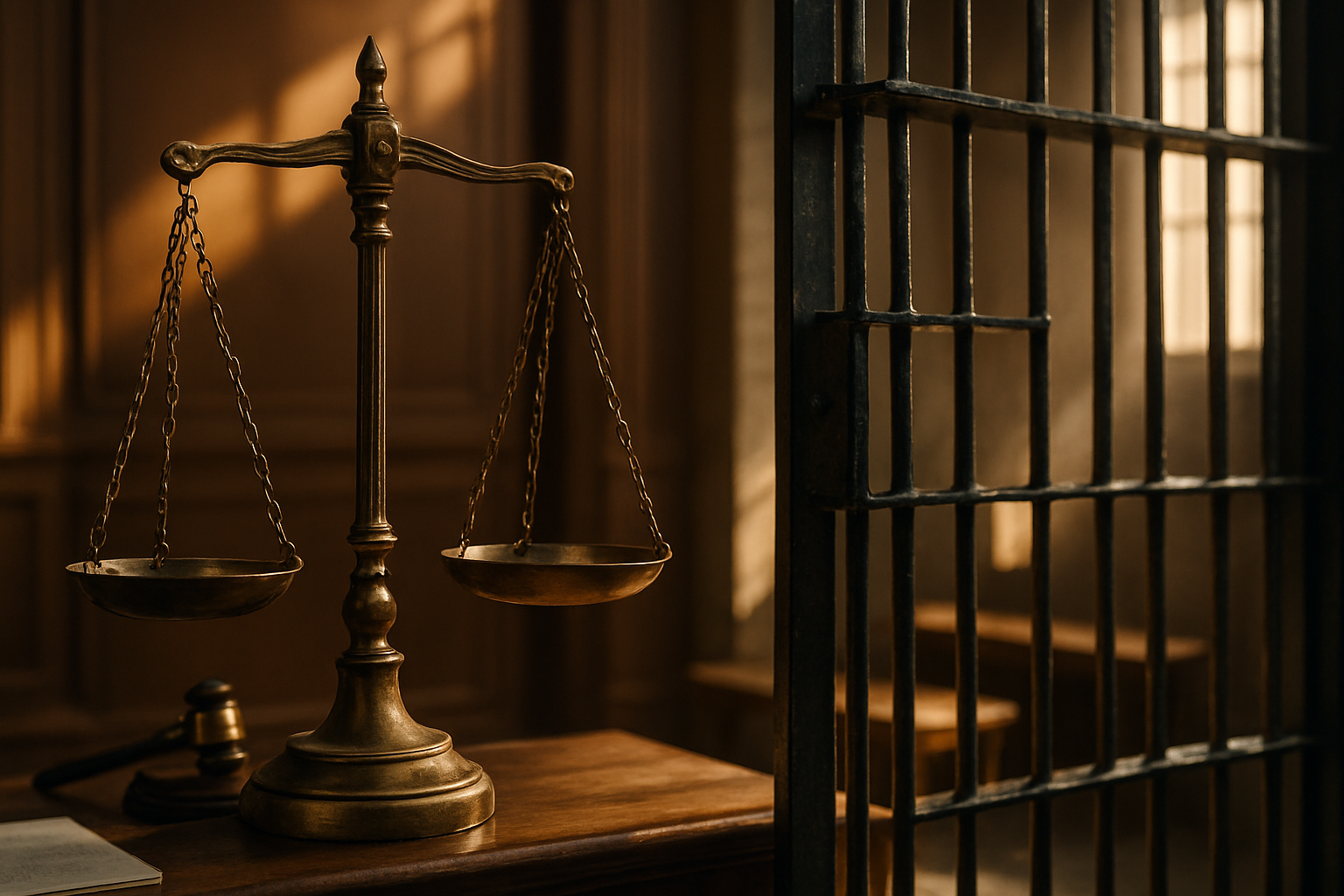The Intricacies of the Eighth Amendment: Cruel and Unusual Punishment in the Modern Era
Introduction: The Eighth Amendment of the United States Constitution, prohibiting cruel and unusual punishment, is a cornerstone of the American justice system. This article delves into the historical context, recent legal developments, and societal implications of this fundamental law.

The Historical Context of the Eighth Amendment
The Eighth Amendment, ratified in 1791 as part of the Bill of Rights, was inspired by the English Bill of Rights of 1689. The amendment’s language, “Excessive bail shall not be required, nor excessive fines imposed, nor cruel and unusual punishments inflicted,” was intended to limit the power of the federal government and protect individuals from inhumane treatment.
The Interpretation of ‘Cruel and Unusual’
The interpretation of what constitutes ‘cruel and unusual’ punishment has evolved over time. In the landmark case of Weems v. United States (1910), the Supreme Court expanded the interpretation to include punishments that are disproportionate to the crime committed. This principle was further solidified in the case of Furman v. Georgia (1972), which temporarily halted capital punishment in the United States.
The Eighth Amendment in the Modern Era
In recent years, the Eighth Amendment has been at the center of numerous legal debates. These include discussions about the death penalty, solitary confinement, and the treatment of incarcerated individuals. The Supreme Court’s ruling in Brown v. Plata (2011) that overcrowded prisons constitute cruel and unusual punishment under the Eighth Amendment was a significant development.
The Societal Impact of the Eighth Amendment
The Eighth Amendment plays a crucial role in shaping the U.S. criminal justice system. It serves as a check on the power of the state, ensuring that punishments are fair and proportionate. However, debates continue about its application, particularly in relation to issues like the death penalty and prison conditions.
The Future of the Eighth Amendment
The future interpretation and application of the Eighth Amendment will likely continue to evolve in response to societal changes and legal challenges. As new issues emerge, such as the use of lethal injection in executions or the treatment of juvenile offenders, the Eighth Amendment will remain a vital part of discussions about justice, fairness, and the rights of individuals within the U.S. legal system.
In conclusion, the Eighth Amendment, with its prohibition of cruel and unusual punishment, is a fundamental part of the U.S. Constitution. Its interpretation and application have evolved over time, reflecting changes in societal attitudes and legal thought. As we move forward, it will continue to play a crucial role in shaping the American justice system.





